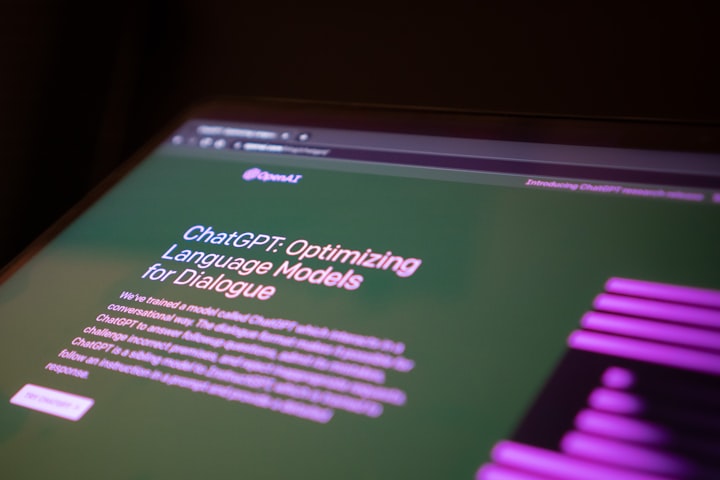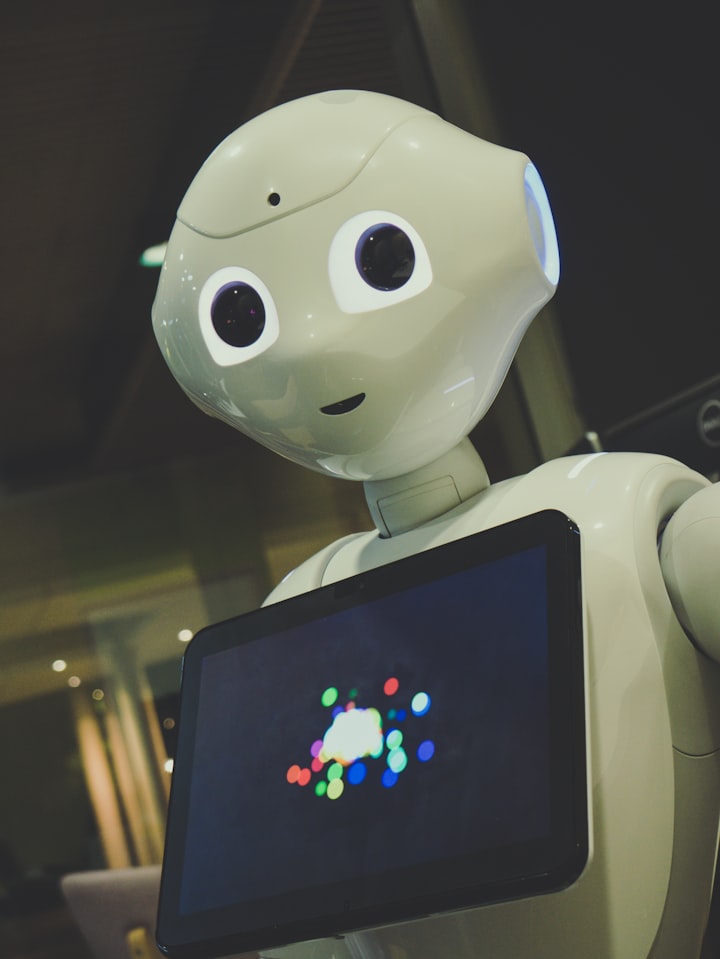OpenAI's GPT-3: A Breakthrough in Natural Language Processing that Could Revolutionize Communication with Computers.
OPEN AI

Introduction to OpenAI and its mission in AI research
OpenAI is a leading research organization in the field of artificial intelligence (AI). Since its founding in 2015, OpenAI has made significant contributions to the field of AI and has become one of the most prominent organizations in the industry. OpenAI's mission is to advance artificial intelligence in a way that benefits humanity as a whole, and their work has the potential to revolutionize the way we interact with technology.
An Overview of OpenAI's Latest Language Model

One of OpenAI's latest developments is GPT- 3 an advanced machine learning model that has been described as a breakthrough in the field of natural language processing (NLP). GPT-3 is capable of generating human-like text in a wide range of styles and genres, and it has been used for a variety of tasks, from simple text completion to more complex tasks such as translation and summarization. Additionally, GPT-3 has shown significant potential for creative writing, generating poems, essays, and even computer code.
One of the most significant developments from OpenAI is their language model, GPT-3. GPT-3 is an advanced machine learning model that can generate human-like text in a wide range of styles and genres. It has the potential to revolutionize the way we communicate with computers.

The Potential of GPT-3: From Text Completion to Creative Writing and Beyond
Despite its potential, GPT-3 is not without its limitations. One of the main concerns is the potential for bias in the model, as it is trained on vast amounts of text data from the internet, which may contain biases and stereotypes. To address these concerns, OpenAI has taken steps to make GPT-3 more transparent and accountable, releasing a dataset of prompts and responses generated by the model, which can be used to study its behavior and potential biases. Additionally, OpenAI has developed a set of ethical guidelines for AI development, which they hope will encourage other organizations to prioritize ethical considerations in their AI development.
The potential applications of GPT-3 are vast and varied. It can be used for tasks such as text completion, translation, summarization, and even creative writing. Its potential impact on industries such as journalism, marketing, and software development is significant.
Concerns and Limitations of GPT-3: Addressing Bias and Ethical Considerations

In addition to GPT-3, OpenAI has also made significant contributions to other areas of AI research. They have developed advanced reinforcement learning algorithms that have been used to train robots to perform complex tasks such as manipulation and assembly. They have also developed cutting-edge computer vision models that can recognize objects and scenes in real-time. These contributions have the potential to revolutionize industries such as manufacturing, healthcare, and transportation.
One of the main concerns about GPT-3 is the potential for bias in the model. Because the model is trained on vast amounts of text data from the internet, it is possible that it may pick up on biases and stereotypes present in that data. This could lead to unintentional harm, particularly in sensitive areas such as healthcare or law enforcement.
Other Contributions of OpenAI: Advanced Reinforcement Learning and Computer Vision Models
Overall, OpenAI's work has significant implications for the future of AI and computer interaction. While there is still much work to be done to ensure that these technologies are developed ethically and responsibly, OpenAI's mission and work provide a promising path forward for AI research and development. As AI technology continues to advance, it will be up to organizations like OpenAI to lead the way in responsible and ethical AI development.
In addition to GPT-3, OpenAI has also made significant contributions to other areas of AI research. They have developed advanced reinforcement learning algorithms that have been used to train robots to perform complex tasks such as manipulation and assembly. They have also developed cutting-edge computer vision models that can recognize objects and scenes in real-time.
The Future of AI Development

As AI technology continues to advance, organizations like OpenAI will play a critical role in ensuring that ethical considerations are taken into account. The potential for AI to benefit society is significant, but it is important to approach its development with caution and responsibility. OpenAI's work on GPT-3 and other AI models is a step in the right direction towards responsible and ethical AI development.
About the Creator
ethics with AI
future for this era should conqueror the world soon......!






Comments
There are no comments for this story
Be the first to respond and start the conversation.